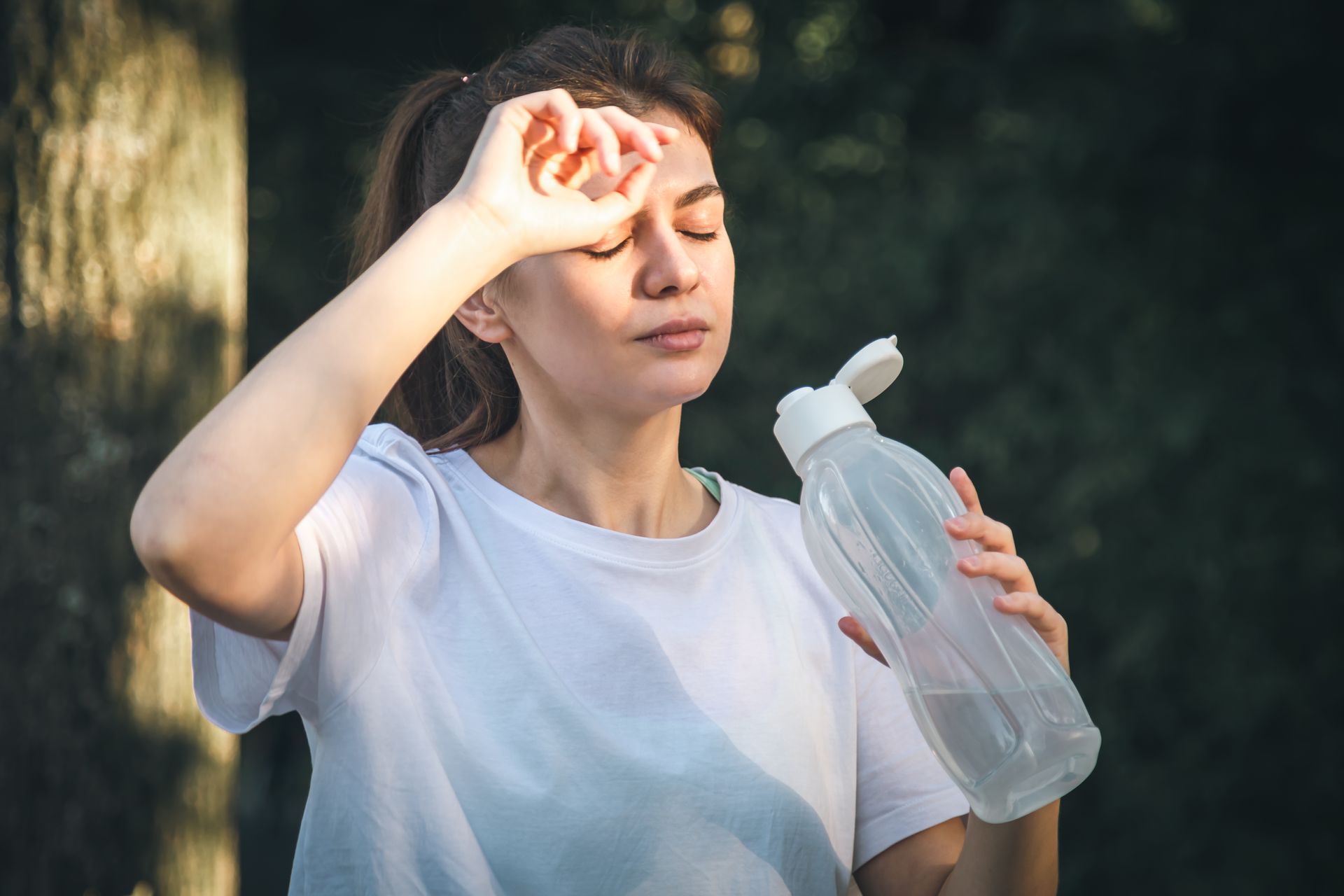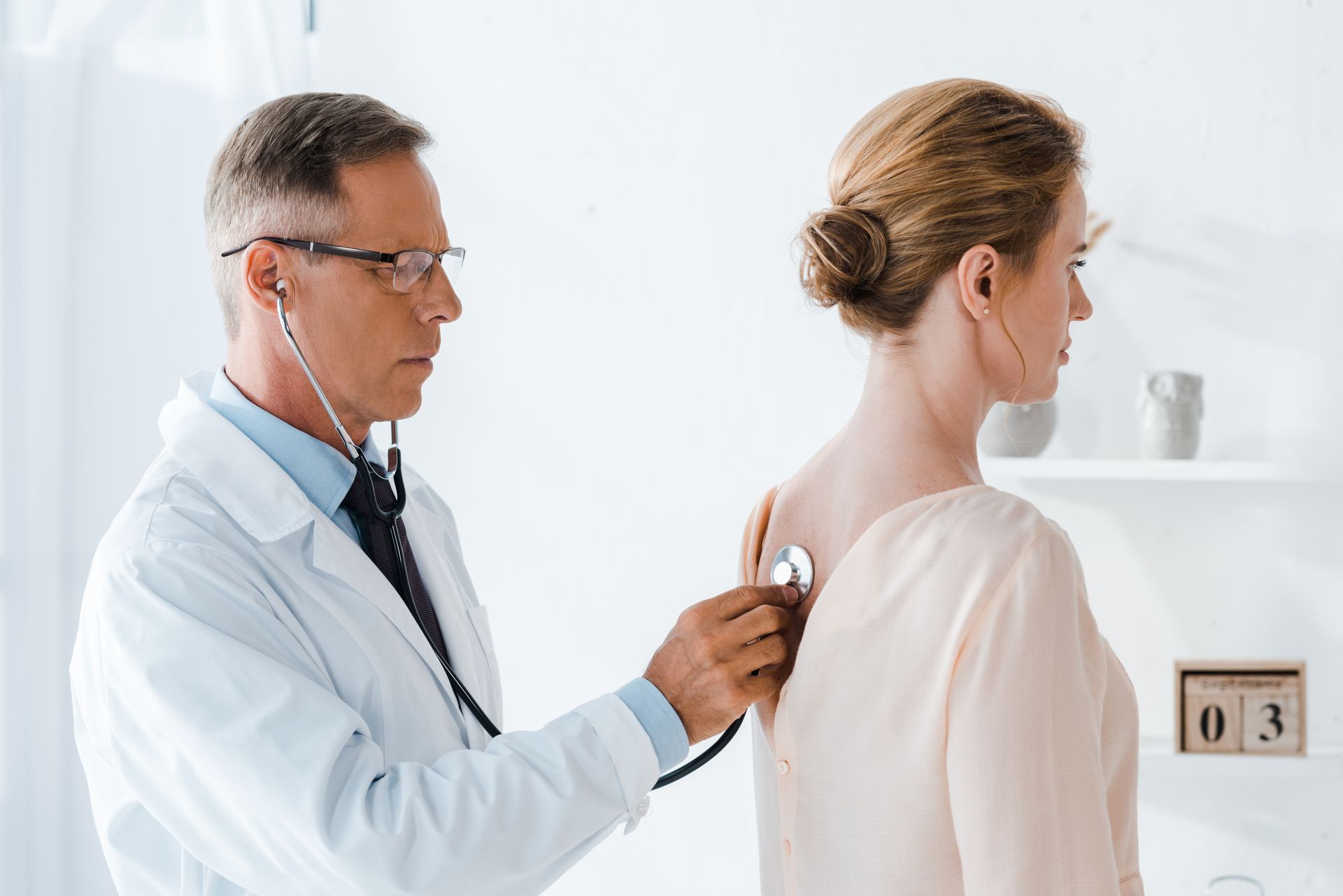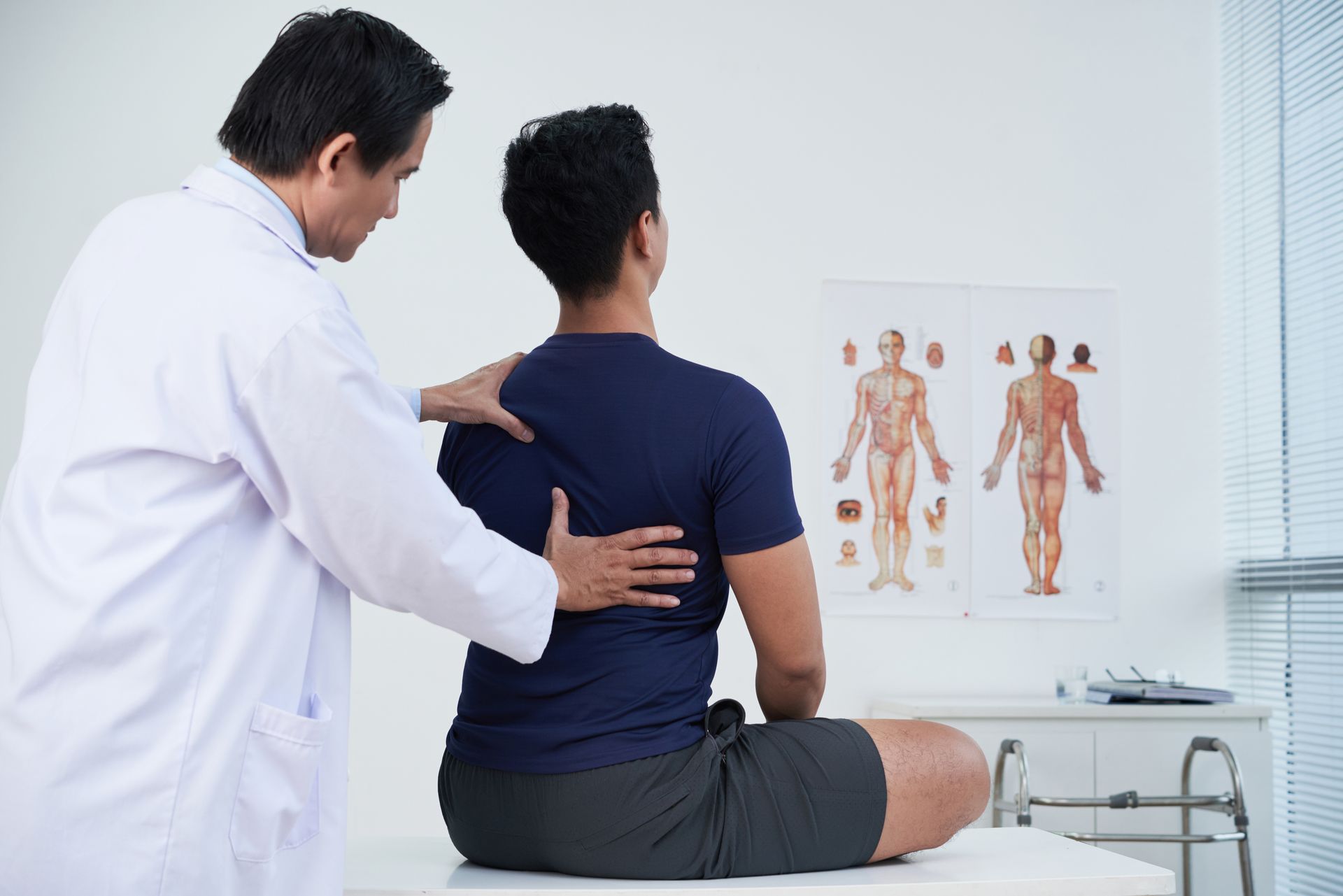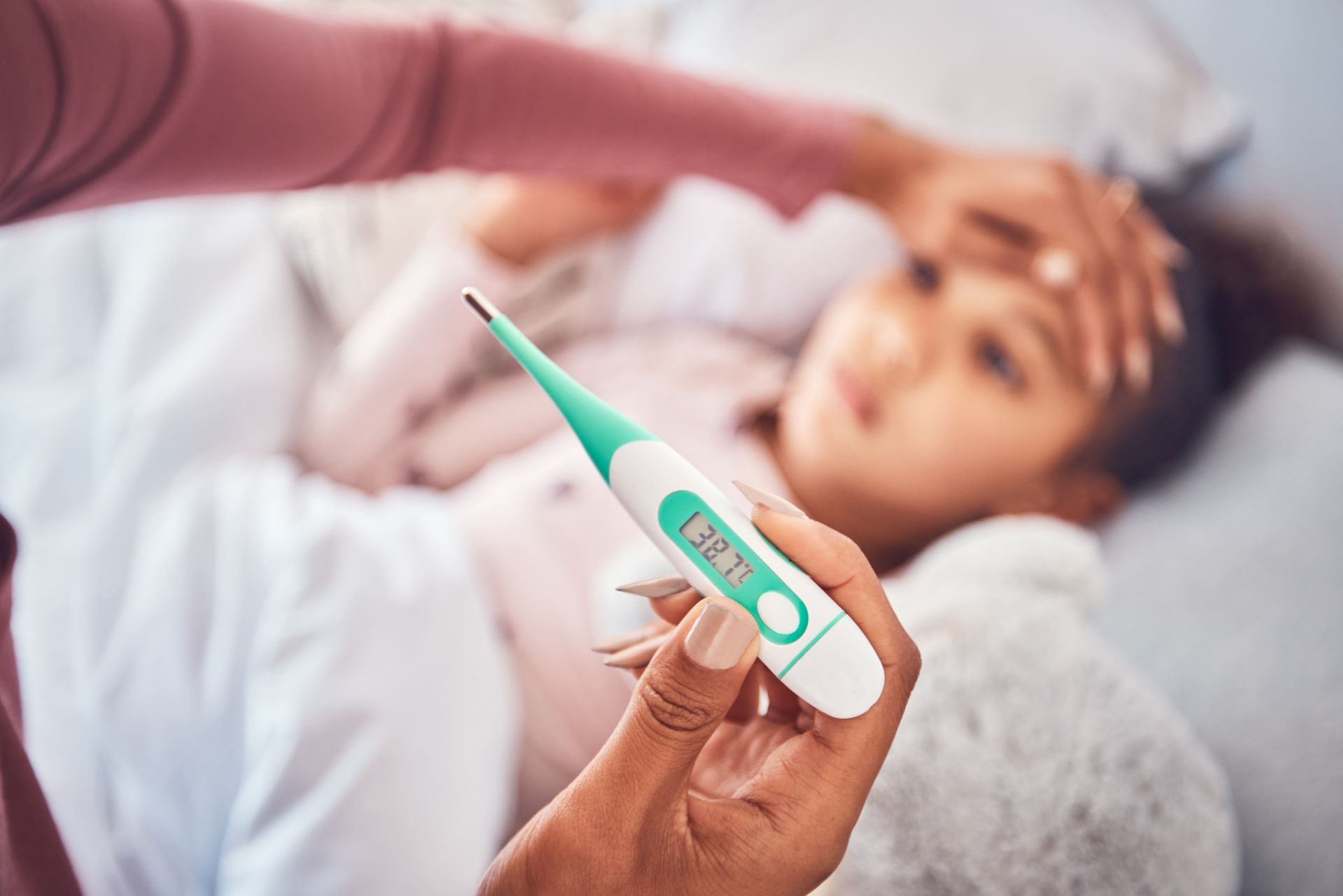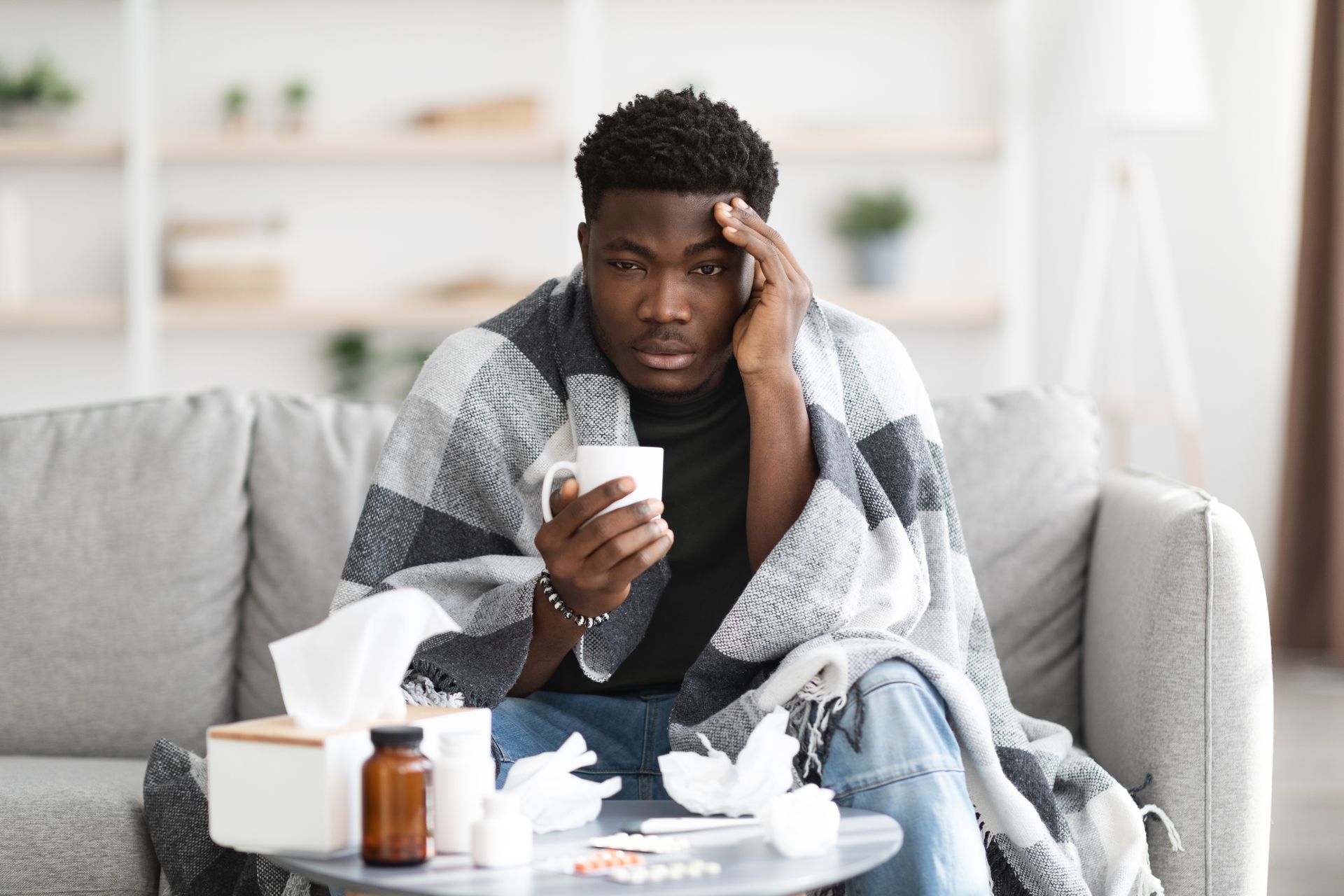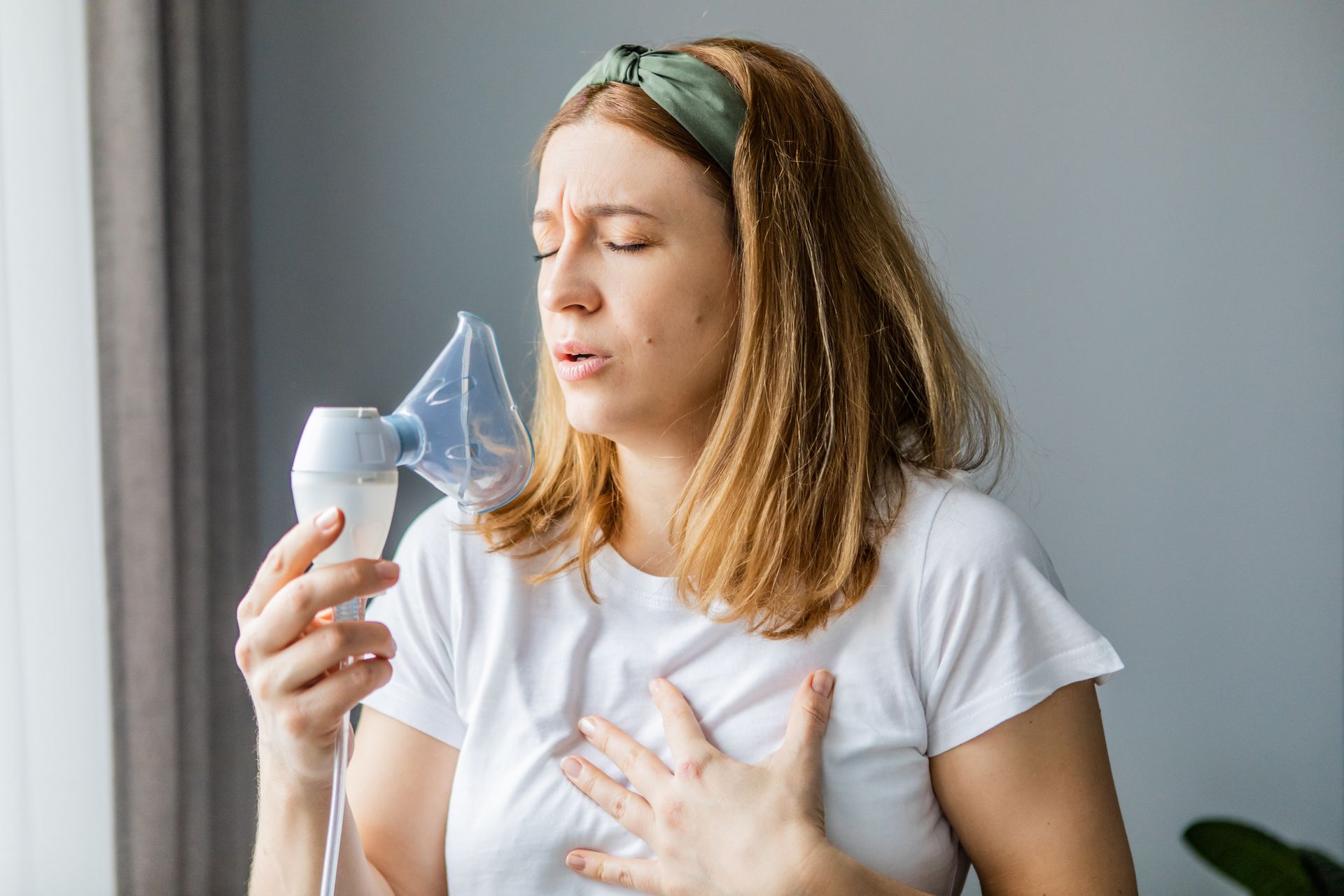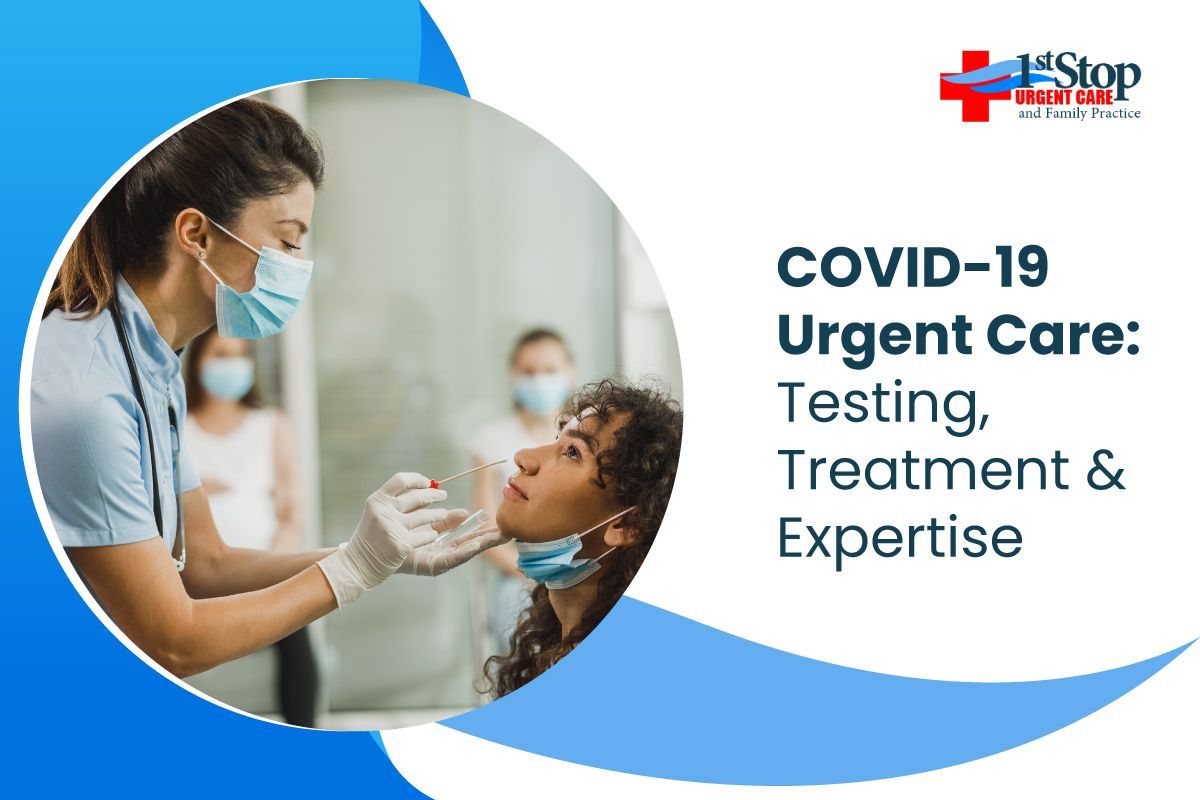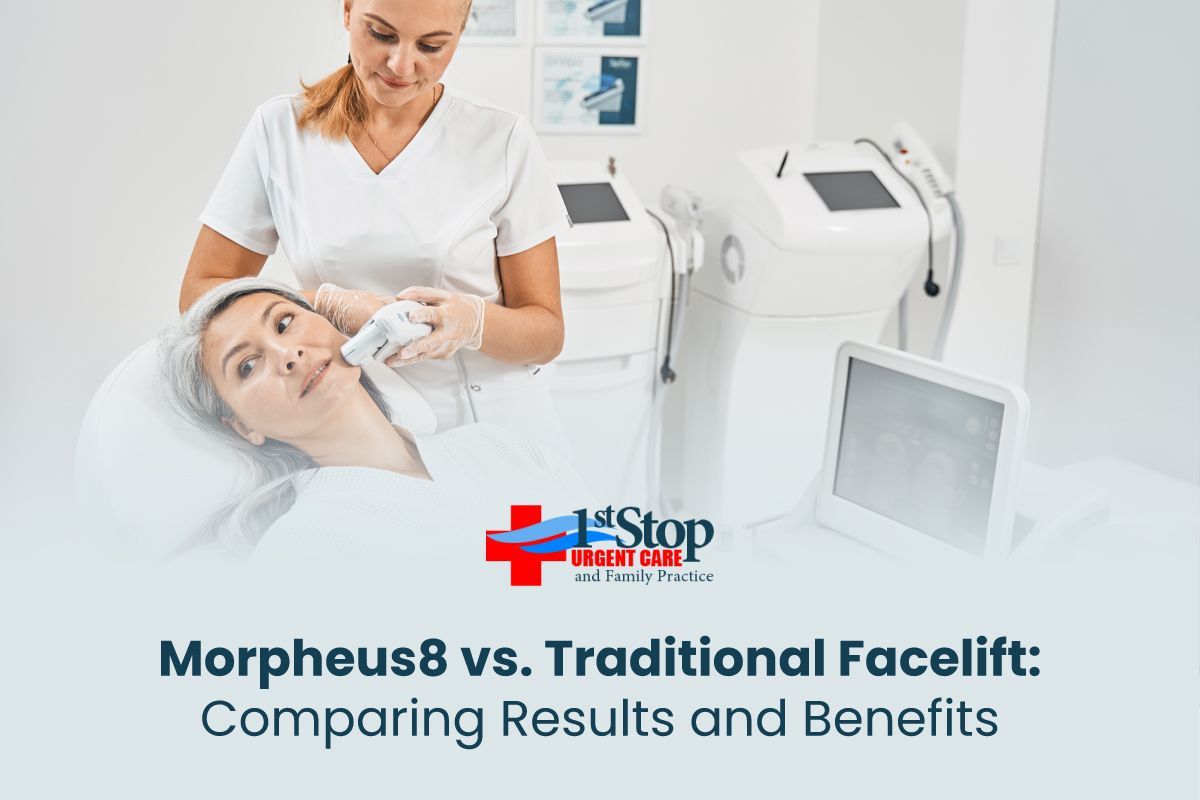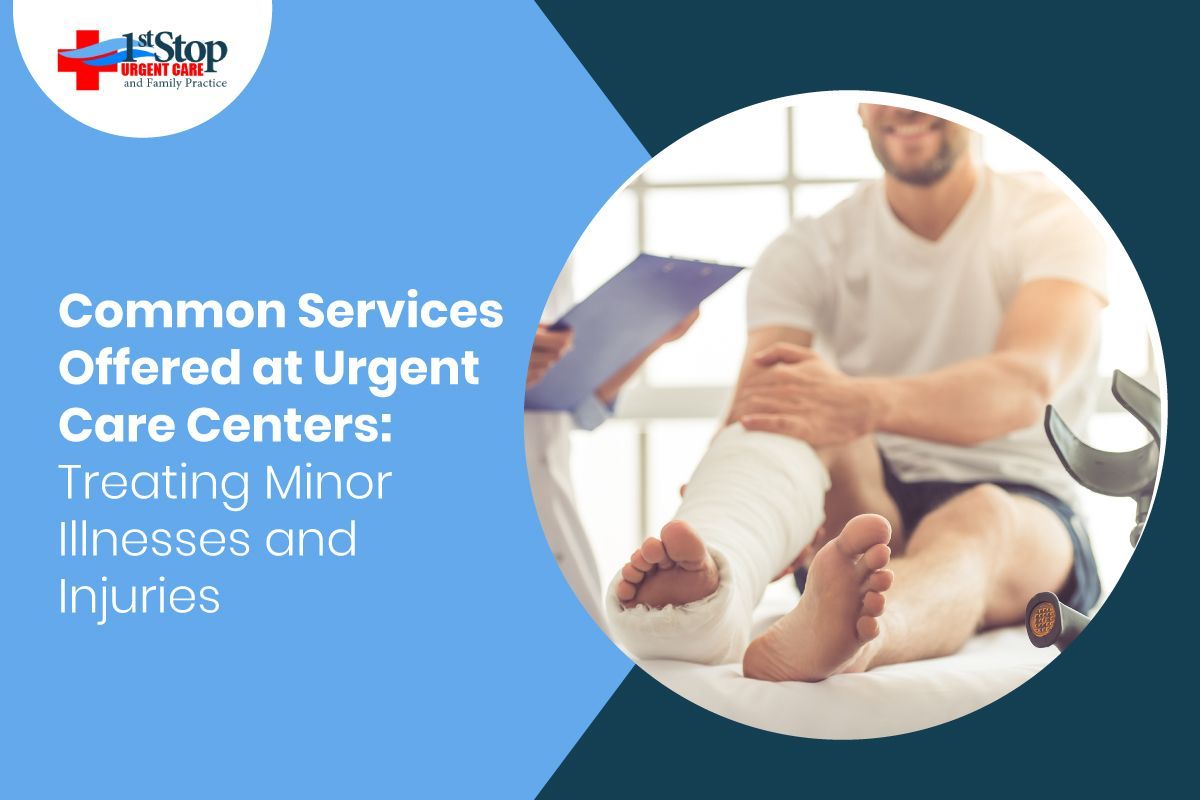Everything You Need to Know About Major Depressive Disorder (MDD)

What is Major Depressive Disorder?
With various depressive disorders, one should also know some of their types. These include:
- Bipolar depression. A mood disorder characterized by periods of low mood followed by episodes of extreme energy or manic behavior. In the low period, they may experience depression symptoms such as sadness, hopelessness, and fatigue.
- Premenstrual dysphoric disorder (PMDD). The premenstrual dysphoric disorder is a severe form of premenstrual disorder (PMS). It affects women in the days or weeks leading up to their menstrual period.
- Perinatal and postpartum depression. The term postpartum depression is often used to describe this type of depression. A woman can suffer from perinatal depression during pregnancy and within the first year after giving birth.
- Persistent depressive disorder (PDD). Dysthymia is another name for PDD. The symptoms of PDD are less severe than those of major depression.
- Seasonal affective disorder (SAD). Seasonal depression, or seasonal affective disorder, usually starts in late fall and early winter. It often goes away during the spring and summer.
How Common is MDD?
MDD is common worldwide. In the most recent surveys, MDD has the highest lifetime prevalence (almost 17 percent) of any psychiatric disorder.
There is also a two-fold greater prevalence of MDD in women than in men. The reason involves hormonal differences, the effects of childbirth, differing psychosocial stressors for women and men, and behavioral models of learned helplessness.
Symptoms of Major Depressive Disorder
According to the "Diagnostic and Statistical Manual of Mental Disorders, 5th edition (DSM-5), specific symptoms in the criteria should be met to be diagnosed with MDD.
Its criteria are as follows:
- Changes in your previous behavior.
- A minimum of two weeks must have elapsed since the onset of the symptoms.
- Presence of either a depressed mood or loss of interest or pleasure.
A minimum of five of the following symptoms must also be present within two weeks:
- You are frequently sad or irritable most of the time.
- Most of the activities you once enjoyed are no longer appealing to you.
- A sudden change in appetite or weight loss occurs.
- Sleeping more than usual or having difficulty falling asleep.
- You feel restless.
- Feeling tired and lacking energy
- Feeling worthless or guilty is common, even about things that would not usually bother you.
- Having trouble concentrating, thinking, or making decisions
- Consider self-harm or suicide.
Symptoms of MDD According to Different Age Groups
Symptoms In Teens
Parents should be aware of the following symptoms in their teens:
- Substance use (e.g., drinking, smoking) begins or increases
- A lower academic performance
- Peer problems
- Isolation and withdrawal from social interactions
Symptoms in Older Adults
Older adults who suffer from depression exhibit similar symptoms to those of other age groups. Older adults with this depression often experience physical pain that is idiopathic.
Alzheimer's disease and related dementias are
associated with depression. Additionally, older adults with chronic health conditions have an 80% greater risk of developing depression than the average individual.
What Causes MDD?
It's not known what causes depression. Different causes can often combine to trigger depression. For example, you may feel low after an illness or experience a traumatic event, such as a bereavement, which brings depression.
Some studies have also suggested that you're more likely to get depression as you age. Depression is also more common in people who live in difficult social and economic circumstances.
As with many mental disorders, involvement of a variety of factors ensues, such as:
- Brain chemistry. Neurotransmitters are naturally occurring brain chemicals that likely play a role in depression. MDD was earlier considered mainly due to abnormalities in neurotransmitters, especially serotonin, norepinephrine, and dopamine.
- Biological differences. People with depression appear to have physical changes in their brains. Severe early stress can result in drastic alterations in chemical and behavioral responses. This can cause structural changes in the cerebral cortex, leading to severe depression later in life.
- Hormones. Changes in the body's balance of hormones may trigger depression. Hormone changes can result with pregnancy, during the weeks or months after delivery (postpartum), from thyroid problems, menopause, or several other conditions.
- Inherited traits. The prevalence of depression is higher among those with a family history of depression. The role of genetic factors in depression has been convincingly demonstrated through twin and family studies.
- Personality. No single personality trait or type uniquely predisposes a person to depression. However, recent stressful events are the most powerful predictors of the onset of a depressive episode. Research has demonstrated that stressors the patient experiences reflecting negatively on their self esteem are more likely to produce depression.
Is MDD Serious?
There is no doubt that major depression is a serious mental illness. Without treatment, it can lead to complications such as ill health, behavioral problems, or worse, suicide.
Untreated depression increases the risk of suicide by 10-15% throughout a person's life. In addition, depressed people are 25 times more likely to commit suicide than the general population, with depression being present in at least 50% of suicides.
How Is Major Depressive Disorder Managed?
Medication, therapy, or both are effective treatments for major depression. There is no one-size-fits-all treatment plan for depression; it depends on what type of depression you suffer from and how severe your symptoms are.
- Medication. Antidepressants are the best option in treating major depression. These drugs improve how a person's brain controls their mood or stress levels. However, the full effect of these medications may not be felt for up to four weeks. Thus, it is essential to combine medication and psychotherapy in managing MDD.
- Therapy. People who regularly speak with a trained therapist can better identify and address the triggers that lead to depression. They can also adopt positive behaviors, cope with stress, set goals, and stick to treatment plans.
Making a Difference Through Daily Habits
Managing the symptoms of major depression can be accomplished with the following healthy lifestyle habits, along with professional treatment:
- Take time to care for yourself. Exercises such as tai chi or meditation can help you manage stress. Make sure you eat healthy, exercise, and sleep enough. It is recommended that adults sleep 7-9 hours per night. You should avoid drinking alcohol and using recreational drugs since they can worsen depression symptoms.
- Be aware of warning signs. Know what triggers your depression and talk to your doctor if you notice unusual changes in your thinking, feeling, or behavior. In case of need, your doctor can adjust your medication.
- Create small, attainable goals. Building confidence and motivation starts with setting realistic goals. As your health improves, you can set bigger goals.
- Educate your friends and family about major depression. They may be able to help you recognize the signs of relapse of depression.
- Ask for help. Relationships are essential, especially during times of crisis or hardship, whether you get encouragement from family members or a support group.
- Keep your treatment plan on track. Continue with therapy and take your medication even if you feel better. Withdrawal symptoms and depression can return when you abruptly stop taking medication. If necessary, work with your doctor to adjust your medication.
It's Okay To Ask for Help
Living with major depressive disorder can be lonely. At 1st Stop Urgent Care, you are not alone in this journey. We aim to help you get back on your feet and provide care for your well-being. If you are seeking "24-Hour Urgent Care" or "urgent care near me," look no further. Visit our
Urgent Care Torrance California and
Urgent Care Camarillo locations!
We also welcome walk-ins! You can avoid waiting by making an appointment. Please reach us at (310) 328-3421.
1st Stop Urgent Care and Family Practice is a trusted primary care and urgent care center in Torrance and Camarillo. In addition, we provide occupational health services such as drug testing, annual physicals, pre-employment exams, and immigration physical exams, to name a few. We are a more affordable, more convenient, and more friendly alternative to the ER! Call or visit the clinic now!
GET IN TOUCH
Hours:
- Mon - Fri
- -
- Sat - Sun
- Closed
Hours:
- Mon - Fri
- -
- Sat - Sun
- Closed
1st Stop Urgent Care and Family Practice | All Rights Reserved.

